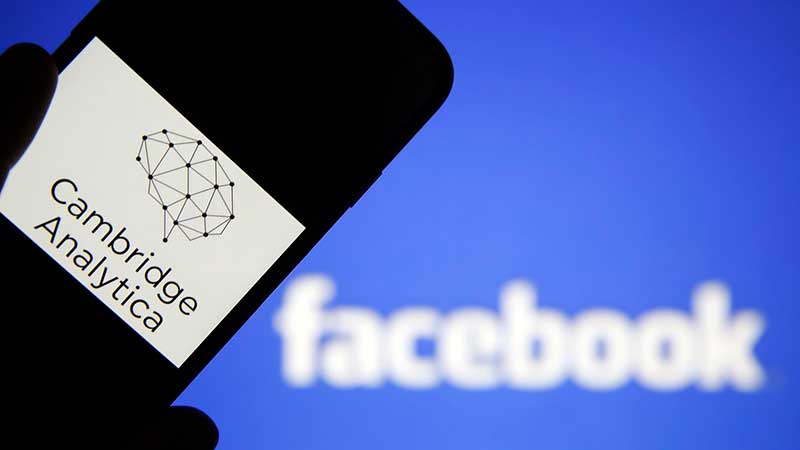Anowara Rayhan Arusha
Undergraduate student, Department of English, University of Dhaka
Email: milarusha7095@gmail.com
We live in a world constantly monitored by high tech-enthusiasts; in a metaphorical sense, getting observed and examined by scientists in a chemical lab who have our DNA code memorized too. These “scientists” are big, powerful and shrewd game-players who have access to all your personal data uploaded online, which they distribute to third parties. And they frolick with our vulnerabilities.
Cybersecurity scandals do not need a fresh introduction. Starting from sexual harassment to blackmailing, incidents have reached up to the point of suicide and murder among people of all age, gender, and race. Women, particularly teenagers, fall victim to such nasty crimes. Hacking is also a widely recurring crime that robbed off large business companies of their profits, shares and other crucial information.
Cybersecurity is no longer limited to national security now. Companies like Cambridge Analytica, for instance, which feed like a parasite on political organizations, stole personally identifiable information of up to 87 million Facebook users for Donald Trump’s political campaigns before the election. The company began collecting data of the users in 2014 and provided information to politicians in order to influence voter opinion in their favors. Masterminds like Aleksandr Kogan, a data scientist at Cambridge University, developed an app called this is your digital life and provided it to Cambridge Analytica which, in turn, used it as an informed survey in order to gather personal information of Facebook users and their friends.
The blueprint of how Cambridge Analytica claimed to have won the Presidency for Donald Trump by using Google, Snapchat, Twitter, Facebook, and Youtube is revealed by a 27-page presentation obtained by The Guardian. It details the techniques used by Trump campaign to target US-voters with carefully tailored messages. 10,000 different ads were targeted to different audiences used by intensive survey research, data modeling, and performance-optimizing algorithms. However, when reached Trump’s headquarters, the Cambridge Analytica allegedly stunned to see all the databases removed which of course have little or no truth at all.
On the other hand, Facebook CEO Mark Zuckerberg denied that a data breach had occurred saying, “people knowingly provided their information, no systems were infiltrated, and no passwords or sensitive pieces of information were stolen or hacked.” When the data harvesting was taking place, Facebook’s policy allowed for the collection of friends’ data which was prohibited and when in 2015 Facebook found out that Kogan’s company allegedly violated its policies, the social media company assured that Cambridge Analytica had deleted the data. The app was indeed removed from the social media but the company still held the data.
The scandal was significant for igniting public concern about the ethical standards for social media companies, political consulting organizations, and politicians of course. Consumer advocates also called for higher consumer protection in social media and right to privacy as well as to stop mishandling private information to third parties.
In the fast developing information age, people are constantly monitored and in some cases being ripped off of their own privacy with the help of social media platforms like Facebook. In fact, we are living in a transparent bubble with eyes poking inside us.


